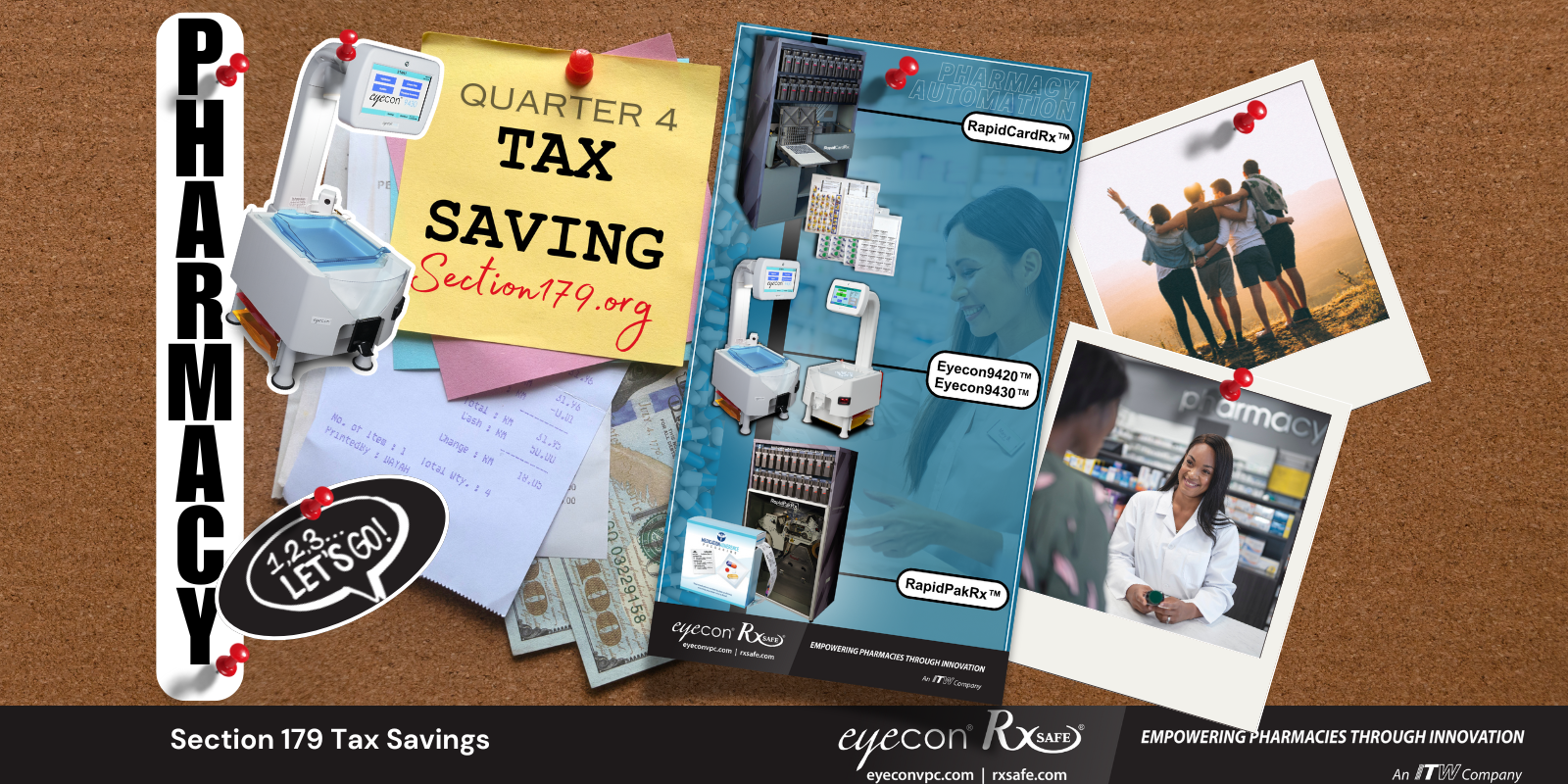 Independent pharmacy owners have eagerly awaited the decision from the monumental case, Rutledge vs. PCMA. The case was presented to SCOTUS on Oct. 6, 2020, and we just recently learned the outcome of the trial.
Independent pharmacy owners have eagerly awaited the decision from the monumental case, Rutledge vs. PCMA. The case was presented to SCOTUS on Oct. 6, 2020, and we just recently learned the outcome of the trial.
On Dec. 10, 2020, Justice Sotomayor delivered the unanimous (8-0) opinion determining the outcome of the case -- Arkansas has the right to enact Act 900, which includes a provision to require pharmacy benefit managers (PBMs) to, at a minimum, reimburse pharmacies at the wholesale rate that they purchased the drugs. This is huge news for independent pharmacy, as it sets a precedent for states across the country to regulate PBM practices.
“This was a win, not just for you all as our local independent pharmacies and pharmacists across the country,” says Attorney General Leslie Rutledge. “This was a win for all Americans; this win will pave the way to have greater access to affordable prescription drugs and affordable healthcare as a whole.”
The Law In Question
In 2015, Arkansas passed Act 900, which was designed to provide some financial relief to independent pharmacies in the state, while creating accountability in PBMs’ handling of prescription drug pricing and reimbursement. PCMA decided to challenge the legislation, claiming that it violated ERISA.
ERISA is the federal law that sets standards for retirement and health plans in private businesses. It is designed to protect employees, and ensure they have access to fair coverage. PCMA argued that they were covered under ERISA, because of the role they play in employee healthcare plans. ERISA is actually protected from state regulations, so essentially PCMA was arguing that PBMs were not subject to state regulation.
After Act 900 was overturned by the 8th Circuit Court of Appeals, Attorney General Rutledge petitioned the case to SCOTUS.
What’s Next?
With the High Court’s decision in Rutledge vs. PCMA, other states can now follow Arkansas' example to protect their independent pharmacies from PBMs.
By regulating PBM practices, states could help pharmacies avoid unexpected clawbacks, punitive DIR fees and low drug reimbursement rates. With state-level protections, pharmacy owners would be able to more confidently manage their business, and the practice of independent pharmacy would be strengthened.
“I am hopeful that with this decision we will not only maintain our local independently owned pharmacies, but that others who have always wanted to have their own pharmacy can do so,” says Rutledge.
Independent pharmacies are an essential part of healthcare in the US, especially for rural communities. It is important for independent pharmacy owners to pay attention to their state legislators, and support similar legislation in their area.
Next Steps: Other Cases to Watch
Rutledge vs PCMA is not the only case involving PBMs to gain national attention. PCMA vs Wilke and PCMA vs Mulready are two cases that are already pending legal action.
 In the case of PCMA vs Wilke, two North Dakota laws regarding PBM fees and pharmacy gag clauses are being challenged by PCMA. The 8th circuit originally favored PCMA due to precedent, but North Dakota has petitioned its case to be heard in front of SCOTUS. With a favorable ruling for pharmacists in Rutledge vs PCMA, there is a high chance that PCMA vs Wilke will be overturned to favor independent pharmacy.
In the case of PCMA vs Wilke, two North Dakota laws regarding PBM fees and pharmacy gag clauses are being challenged by PCMA. The 8th circuit originally favored PCMA due to precedent, but North Dakota has petitioned its case to be heard in front of SCOTUS. With a favorable ruling for pharmacists in Rutledge vs PCMA, there is a high chance that PCMA vs Wilke will be overturned to favor independent pharmacy.
PCMA vs Mulready challenges an Oklahoma law that regulates network restrictions and requires unaffiliated pharmacies to receive the same rate of reimbursement as PBM affiliated pharmacies. If the case follows precedent, Oklahoma will be able to impose regulations on PBMs.
RxSafe expects these to be the first cases of many to be challenged by PBMs across the country. Rutledge vs PCMA has changed the legal playing field for the regulation of PBMs. It’s a huge win for independent pharmacies.


.png)





